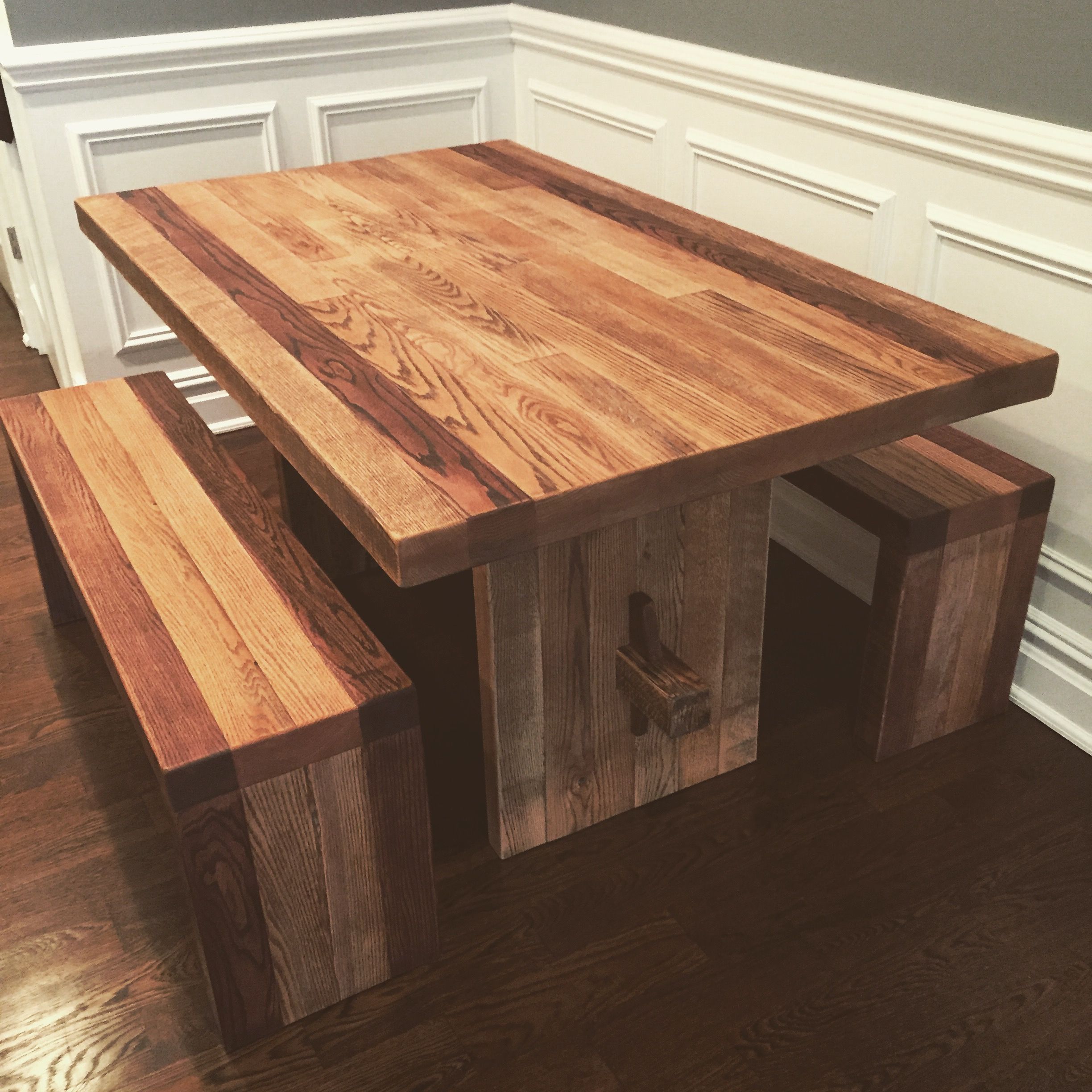Believe it or not, a living fence has the potential to provide more privacy than a regular fence! Privet, one of the most ubiquitous plants used in natural fencing, encompasses a group of about 50 species of shrubs and small trees.
Living Fence Plants, Believe it or not, a living fence has the potential to provide more privacy than a regular fence! Yuriy brykaylo/alamy stock photo) these tall evergreen shrubs are one of the best living fence plants for a reason.

The common name of buxus plants comes from the fact that they are easy to prune and shape. While the seeds are technically edible and beloved by squirrels, it’s not a plant particularly sought. But be sure to confirm with a local garden center that a specific plant is appropriate for your yard. Monsoon is the best time to start a new hedge by planting seeds or cuttings.
See more ideas about evergreen plants, backyard landscaping, living fence.
Live fence posts use plants as fence posts to support other fencing material. Bougainvillea has no substitute as nothing can liven up any fence with its colors! Boxwood shrubs are some of the most popular plants for growing a living fence. If you find the concept of an artificial fence too arbitrary, then you should try to �plant� your fence instead. Live barriers on the other hand are completely made up of trees or shrubs that are planted without much spacing between them along the property lines. A living fence can be an informal hedgerow, a row of evergreens or a carefully trained espalier.
 Source: pinterest.com.au
Source: pinterest.com.au
See more ideas about evergreen plants, backyard landscaping, living fence. The following are some of the most ideal plants, shrubs, and trees for a living fence: Plant a mixture of prickly plants for security, and flowering climbers for color. The common name of buxus plants comes from the fact that they are easy to prune and shape. It provides both.
 Source: pinterest.com
Source: pinterest.com
Believe it or not, a living fence has the potential to provide more privacy than a regular fence! Check out our article on growing bougainvillea here 2. You can plant boxwood living fences for small border hedgerows or large privacy screens. Eastern hemlocks ( tsuga canadenesis ) are best known as forest trees that reach enormous heights (60 feet or.
 Source: pinterest.com
Source: pinterest.com
A living fence can be an informal hedgerow, a row of evergreens or a carefully trained espalier. If you find the concept of an artificial fence too arbitrary, then you should try to �plant� your fence instead. Fencing is essential in a private house. Possibly the most popular plant used for living fences in the u.s. They produce multiple branches.
 Source: pinterest.com
Source: pinterest.com
Living fences are windbreaks, which reduce soil drying, wind erosion, and stress on livestock or crop plants, thus increasing yields. Here are the best flowering hedge plants you can grow in india live fence plants in india 1. Thus, you must collect enough information regarding that particular pitcher plant species, that you wish to grow. Confirm that the variety you.
 Source: goodsgn.com
Source: goodsgn.com
It does exceptionally well in the indian climate and asks for minimal maintenence. Privet, one of the most ubiquitous plants used in natural fencing, encompasses a group of about 50 species of shrubs and small trees. Possibly the most popular plant used for living fences in the u.s. Bougainvillea has no substitute as nothing can liven up any fence with.
 Source: livingfence.com
Source: livingfence.com
These gorgeous fence line plants are flowering vines that quickly grow on a wooden fence. This style of fence invites pollinators and birds to your property. Living fences are windbreaks, which reduce soil drying, wind erosion, and stress on livestock or crop plants, thus increasing yields. Live fence posts use plants as fence posts to support other fencing material. Here.
 Source: pinterest.com
Source: pinterest.com
Yuriy brykaylo/alamy stock photo) these tall evergreen shrubs are one of the best living fence plants for a reason. Fencing is essential in a private house. Living fences are effective in providing wind protection, keeping unwanted guests out, providing privacy, and can also be lighter on your wallet. Possibly the most popular plant used for living fences in the u.s..
 Source: goodsgn.com
Source: goodsgn.com
Bougainvillea has no substitute as nothing can liven up any fence with its colors! Many times foliage vines that grow on fences are variegated or have splendid fall color and are exciting to look at. February 01, 2022 woman with a flower. A living fence is a type of fence made of living plants, trees, or shrubs. You can make.
 Source: pinterest.com
Source: pinterest.com
Unlike built or “hardscape” fences made from materials such as wood, iron or chain link, a living fence is made from trees, shrubs or other plants in order to create a natural barrier, or “softscape” barrier. Eastern hemlocks ( tsuga canadenesis ) are best known as forest trees that reach enormous heights (60 feet or more). Possibly the most popular.
 Source: gardeningetc.com
Source: gardeningetc.com
The hydrangeas are a fantastic living fence and also have different colors. Living fences are effective in providing wind protection, keeping unwanted guests out, providing privacy, and can also be lighter on your wallet. However, you should be aware there are some drawbacks to this style of fence. You can make a living fence out of many different types of.
 Source: backyardscape.com
Source: backyardscape.com
Whatever type you choose, live fences support ecological diversity. The following plants can make wonderful living fences. Living fences are effective in providing wind protection, keeping unwanted guests out, providing privacy, and can also be lighter on your wallet. They produce multiple branches from the base of the plant. Unlike built or “hardscape” fences made from materials such as wood,.
![]() Source: beesandroses.com
Source: beesandroses.com
This style of fence invites pollinators and birds to your property. Lilacs are extremely popular ornamental plants in gardens and parks. You can buy the shrubs or plants at the height that you want, but they’ll still have to grow together. If you want to save a little money, then you can get the smaller versions of the plants and.
 Source: nl.pinterest.com
Source: nl.pinterest.com
February 01, 2022 woman with a flower. It does exceptionally well in the indian climate and asks for minimal maintenence. The following plants can make wonderful living fences. These shrubs tend to grow tall and develop thick foliage, making them well suited for promoting privacy and banishing pests. The evergreen foliage consists of small shiny oval leaves and densely growing.
 Source: pinterest.com
Source: pinterest.com
Now that you know how to plant a living fence using vines, you can start to beautify your chain link fence. Many times foliage vines that grow on fences are variegated or have splendid fall color and are exciting to look at. This style of fence invites pollinators and birds to your property. Living fences are effective in providing wind.
 Source: digsdigs.com
Source: digsdigs.com
That’s where shrubs come in—they can form a living fence that changes through the seasons. A tall solid fence can block views into a garden, but it can also make the space feel confined. Living fences are windbreaks, which reduce soil drying, wind erosion, and stress on livestock or crop plants, thus increasing yields. Now that you know how to.
 Source: pinterest.com
Source: pinterest.com
Its thick evergreen foliage creates a dense hedge when the trees are spaced properly, it. Eastern hemlocks ( tsuga canadenesis ) are best known as forest trees that reach enormous heights (60 feet or more). Hedges sited along contours can reduce rainfall erosion on slopes. February 01, 2022 woman with a flower. Thorny plants are mainly useful around the boundary.
 Source: naturalbuildingblog.com
Source: naturalbuildingblog.com
These shrubs tend to grow tall and develop thick foliage, making them well suited for promoting privacy and banishing pests. That’s where shrubs come in—they can form a living fence that changes through the seasons. Believe it or not, a living fence has the potential to provide more privacy than a regular fence! Following are the top plants that can.
 Source: thespruce.com
Source: thespruce.com
If you find the concept of an artificial fence too arbitrary, then you should try to �plant� your fence instead. Thorny plants are mainly useful around the boundary of the farm. A tall solid fence can block views into a garden, but it can also make the space feel confined. 37+ live fence plants in kenya pics. They produce multiple.
 Source: pinterest.com
Source: pinterest.com
While the seeds are technically edible and beloved by squirrels, it’s not a plant particularly sought. However, you should be aware there are some drawbacks to this style of fence. Thorny plants are mainly useful around the boundary of the farm. These shrubs tend to grow tall and develop thick foliage, making them well suited for promoting privacy and banishing.
 Source: coolcreativity.com
Source: coolcreativity.com
Live barriers on the other hand are completely made up of trees or shrubs that are planted without much spacing between them along the property lines. Check out our article on growing bougainvillea here 2. Living fences are effective in providing wind protection, keeping unwanted guests out, providing privacy, and can also be lighter on your wallet. Thus, you must.
 Source: pinterest.com
Source: pinterest.com
A tall solid fence can block views into a garden, but it can also make the space feel confined. Hedges sited along contours can reduce rainfall erosion on slopes. Live fence posts use plants as fence posts to support other fencing material. Elephants bees kenya from elephantsandbees.com. Unlike built or “hardscape” fences made from materials such as wood, iron or.
 Source: mymove.com
Source: mymove.com
Finally, there are common plants that have the potential for use in living privacy fences that nosy neighbor will not be able to look over. Living fences are effective in providing wind protection, keeping unwanted guests out, providing privacy, and can also be lighter on your wallet. Elephants bees kenya from elephantsandbees.com. Because it is a climbing plant, a sturdy.
 Source: gallerylivefence.blogspot.com
Source: gallerylivefence.blogspot.com
Living fence is a broad category that may be unfamiliar to many of us. Privet can be an effective and extremely affordable living fence. These gorgeous fence line plants are flowering vines that quickly grow on a wooden fence. If you want to save a little money, then you can get the smaller versions of the plants and then wait.
 Source: naturebring.com
Source: naturebring.com
Live barriers on the other hand are completely made up of trees or shrubs that are planted without much spacing between them along the property lines. Living fences are effective in providing wind protection, keeping unwanted guests out, providing privacy, and can also be lighter on your wallet. Boxwood shrubs are some of the most popular plants for growing a.
 Source: homestead-and-survival.com
Source: homestead-and-survival.com
But be sure to confirm with a local garden center that a specific plant is appropriate for your yard. If you want to save a little money, then you can get the smaller versions of the plants and then wait for them to grow to your desired height. Following are the top plants that can be used as hedges in.








